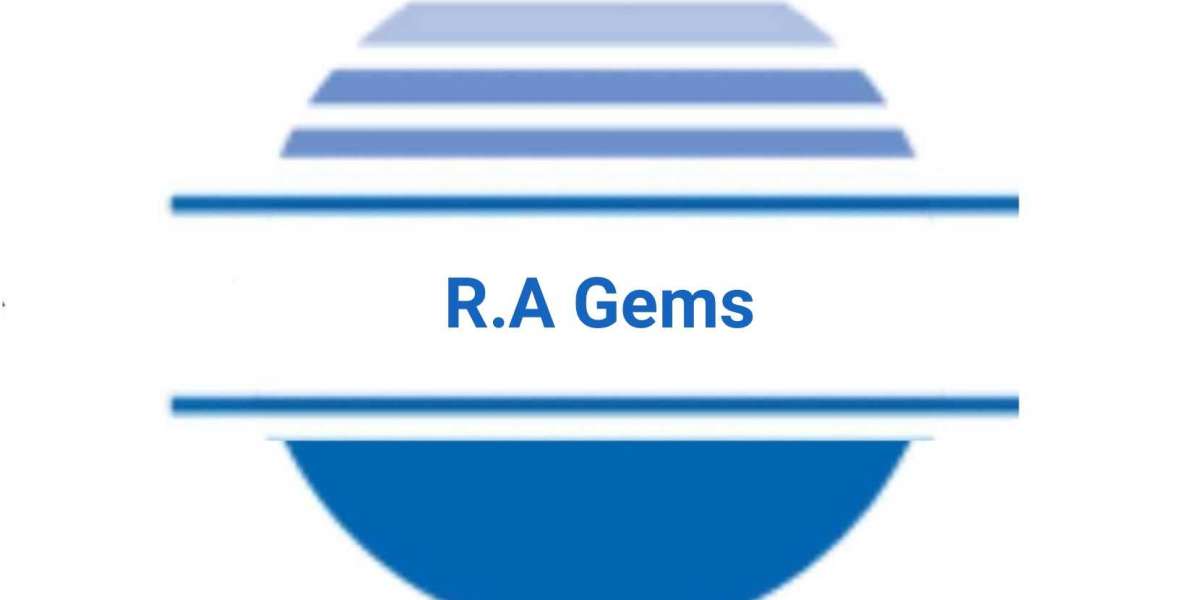In an era of increasing environmental awareness and rising energy costs, home energy saving grants offer valuable incentives and financial assistance to homeowners looking to reduce their energy consumption, lower utility bills, and create more sustainable living spaces. From weatherization improvements to renewable energy upgrades, these grants support a wide range of projects aimed at improving energy efficiency and promoting environmental stewardship. Let's explore the world of home energy saving grants, including available programs, eligibility criteria, and the benefits they offer to homeowners.
Understanding Home Energy Saving Grants:
Home energy saving grants are government-funded programs that provide financial assistance, incentives, or rebates to homeowners for implementing energy-saving measures and upgrades in their homes. These programs are typically administered at the federal, state, or local level and are designed to promote energy efficiency, reduce greenhouse gas emissions, and support the transition to renewable energy sources. Grants may cover a variety of improvements, including insulation upgrades, HVAC system replacements, energy-efficient appliance purchases, and solar panel installations, among others.
Available Programs and Initiatives:
There are numerous home energy saving grants and programs available to homeowners across the United States, each with its own eligibility requirements, funding levels, and application processes. At the federal level, programs such as the Weatherization Assistance Program (WAP) and the Residential Renewable Energy Tax Credit provide financial assistance and tax incentives for energy efficiency and renewable energy projects. Additionally, many states and municipalities offer their own energy efficiency programs, rebates, or incentives to encourage homeowners to invest in energy-saving upgrades.
Eligibility Criteria and Requirements:
Eligibility for home energy saving grants may vary depending on factors such as income level, property type, location, and the specific requirements of each program. Some grants may be targeted toward low-income households or properties with high energy consumption, while others may be available to all homeowners regardless of income. In general, homeowners interested in applying for energy-saving grants should be prepared to provide documentation such as proof of ownership, income verification, and detailed project proposals outlining the proposed improvements and estimated costs.
Benefits of Home Energy Saving Grants:
government grants for heating upgrades offer a multitude of benefits to homeowners, including:
Financial Assistance: Grants can help offset the upfront costs of energy-saving improvements, making them more accessible and affordable for homeowners.
Lower Utility Bills: By improving energy efficiency and reducing energy consumption, homeowners can lower their utility bills and save money on monthly energy expenses.
Increased Comfort: Energy-saving upgrades such as insulation, air sealing, and HVAC improvements can help create a more comfortable and consistent indoor environment year-round.
Environmental Impact: By reducing energy consumption and reliance on fossil fuels, homeowners can lower their carbon footprint and contribute to efforts to combat climate change.
Property Value: Energy-efficient homes are often more attractive to prospective buyers and may command higher resale values in the real estate market.
Navigating the Application Process:
Navigating the application process for home energy saving grants can be complex, requiring careful research, planning, and documentation. Homeowners interested in applying for grants should start by researching available programs and determining their eligibility based on program requirements. It's also advisable to reach out to local utility companies, nonprofit organizations, or government agencies for guidance and assistance with the application process. Additionally, homeowners may benefit from working with certified energy auditors or contractors who can assess their home's energy performance, recommend appropriate improvements, and help prepare project proposals for grant applications.














